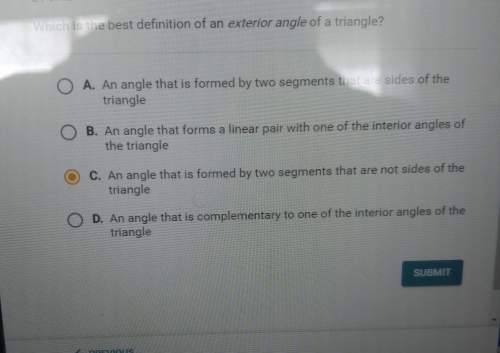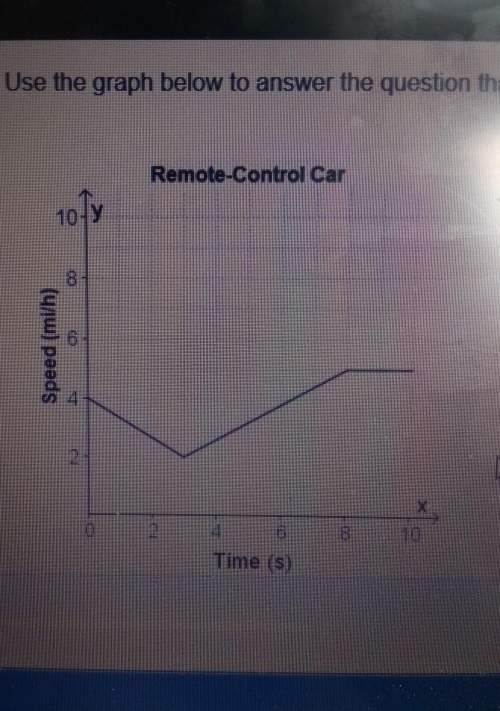
Mathematics, 10.03.2020 11:00, u8p4
Show that [infinity] 0 e−x9 is convergent. SOLUTION We can't evaluate the integral directly because the antiderivative of e−x9 is not an elementary function. We write [infinity] 0 e−x9 dx = 1 0 e−x9 dx + [infinity] 1 dx and observe that the first integral on the right-hand side is just an ordinar

Answers: 2
Other questions on the subject: Mathematics

Mathematics, 21.06.2019 16:50, nelyanariba981p555ve
If m 17 27 90 63 ** picture is attached
Answers: 1

Mathematics, 21.06.2019 17:30, kruzyoungblood8
When a rectangle is dilated, how do the perimeter and area of the rectangle change?
Answers: 2

Mathematics, 21.06.2019 18:00, imanim3851
Give all possible names for the line shown. calculation tip: lines can be written with either point first.
Answers: 1
Do you know the correct answer?
Show that [infinity] 0 e−x9 is convergent. SOLUTION We can't evaluate the integral directly because...
Questions in other subjects:




Mathematics, 11.01.2021 01:40




Mathematics, 11.01.2021 01:40

Chemistry, 11.01.2021 01:40

Chemistry, 11.01.2021 01:40








